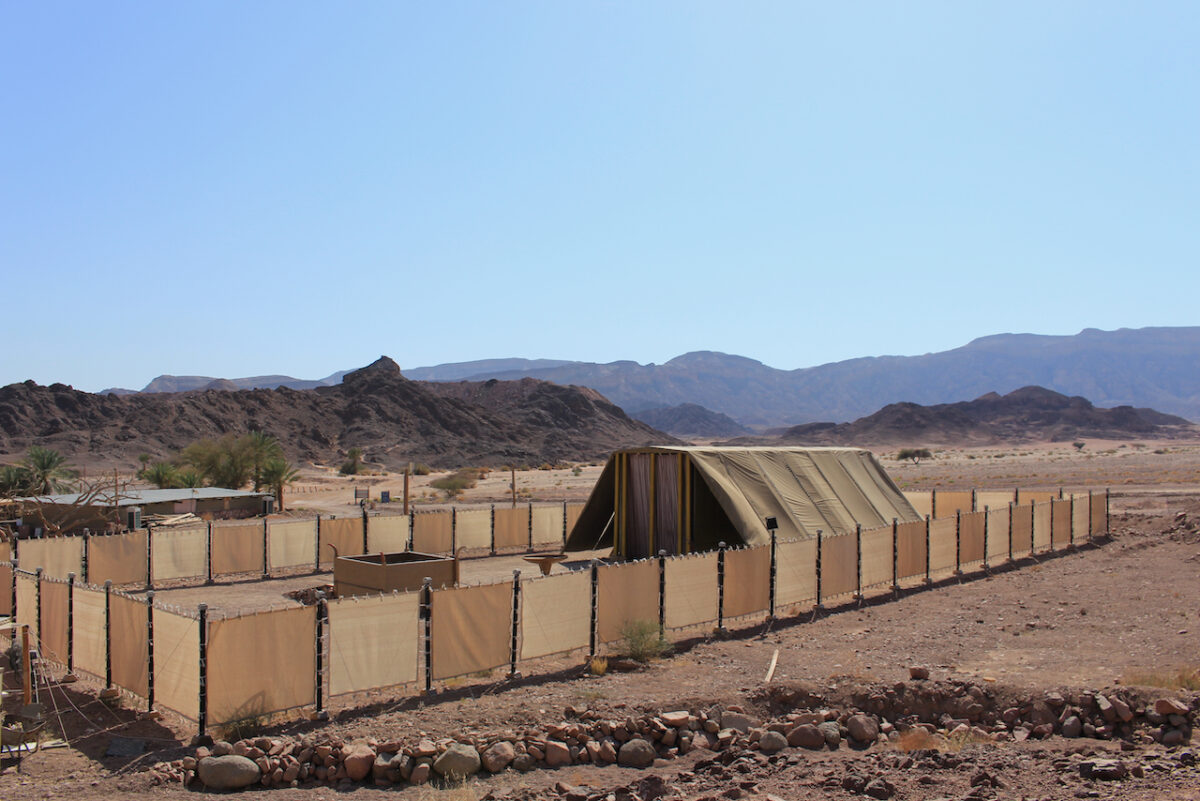“There was a certain man from Ramathaim, a Zuphite from the hill country of Ephraim, whose name was Elkanah son of Jeroham, the son of Elihu, the son of Tohu, the son of Zuph, an Ephraimite. He had two wives; one was called Hannah and the other Peninnah. Peninnah had children, but Hannah had none…Because the Lord had closed Hannah’s womb, her rival kept provoking her in order to irritate her. This went on year after year. Whenever Hannah went up to the house of the Lord , her rival provoked her till she wept and would not eat.” (1 Samuel 1:1-2,6-7 NIV)
When Elkanah and his family are introduced you really must have sympathy for Hannah. She was married to a man with two wives, which was bad enough. But to be unable to have children made it worse, especially since the other wife, Peninnah, used that to provoke her. In their society not being able to bear children was a stigma that was difficult to bear; to have your husband’s other wife constantly throwing it in her face made it even worse.
As this went on year after year, it would have seemed to Hannah to be an impossible situation to live with. So she did what we should all do when faced with what seems to be an insurmountable problem: she talked to God about it.
“Once when they had finished eating and drinking in Shiloh, Hannah stood up. Now Eli the priest was sitting on his chair by the doorpost of the Lord’s house. In her deep anguish Hannah prayed to the Lord, weeping bitterly. And she made a vow, saying, ‘Lord Almighty, if you will only look on your servant’s misery and remember me, and not forget your servant but give her a son, then I will give him to the Lord for all the days of his life, and no razor will ever be used on his head.’” (1 Samuel 1:9-11)
And God answered her prayer. Hannah became pregnant and bore a son whom she named Samuel. We often don’t think of Samuel in terms of not having his haircut, but he was like Samson in that regard (and it would seem they lived about the same time).
Hannah didn’t immediately give Samuel to serve God as that would have been impractical: how would the priests have been able to take care of a newborn? She waited until her son was weaned, probably between two and three years old or possibly even older, and on their next trip she left her son to help the high priest in the Tabernacle. As the family made frequent trips to offer sacrifices there, she would have been able to see Samuel and watch him grow.
You can’t help but be amazed at her dedication to God. How often do people today ask God for something and maybe even make a promise to do something if they receive it, but after it happens the promise is forgotten. But not Hannah. She had made a vow and when God blessed her she fulfilled her vow. She was blessed with other children but Israel was blessed with a leader who was dedicated to God and helped prepare the kingdom for its first two kings.
What do we do when life seems against us? We need to take our cares and concerns to God. He knows and he cares – and he has the power to do something about it. A friend of mine wrote these words just after his father died:
Where can we go when everything is going wrong?
Who can we turn to when we’re weak and feel the need to be strong?
There’s one we should know who listens to all our prayers,
He’ll help us get through as all of our burdens he shares:
Jesus cares.
Photo of reconstructed tabernacle by Jon Galloway, Timna Valley, Israel
Readings for next week: Judges 18-21; 1 Samuel 1-2
- God is righteous and just - 2025-07-11
- Is our delight in the law of the Lord? - 2025-07-04
- The need to return to God - 2025-06-27
